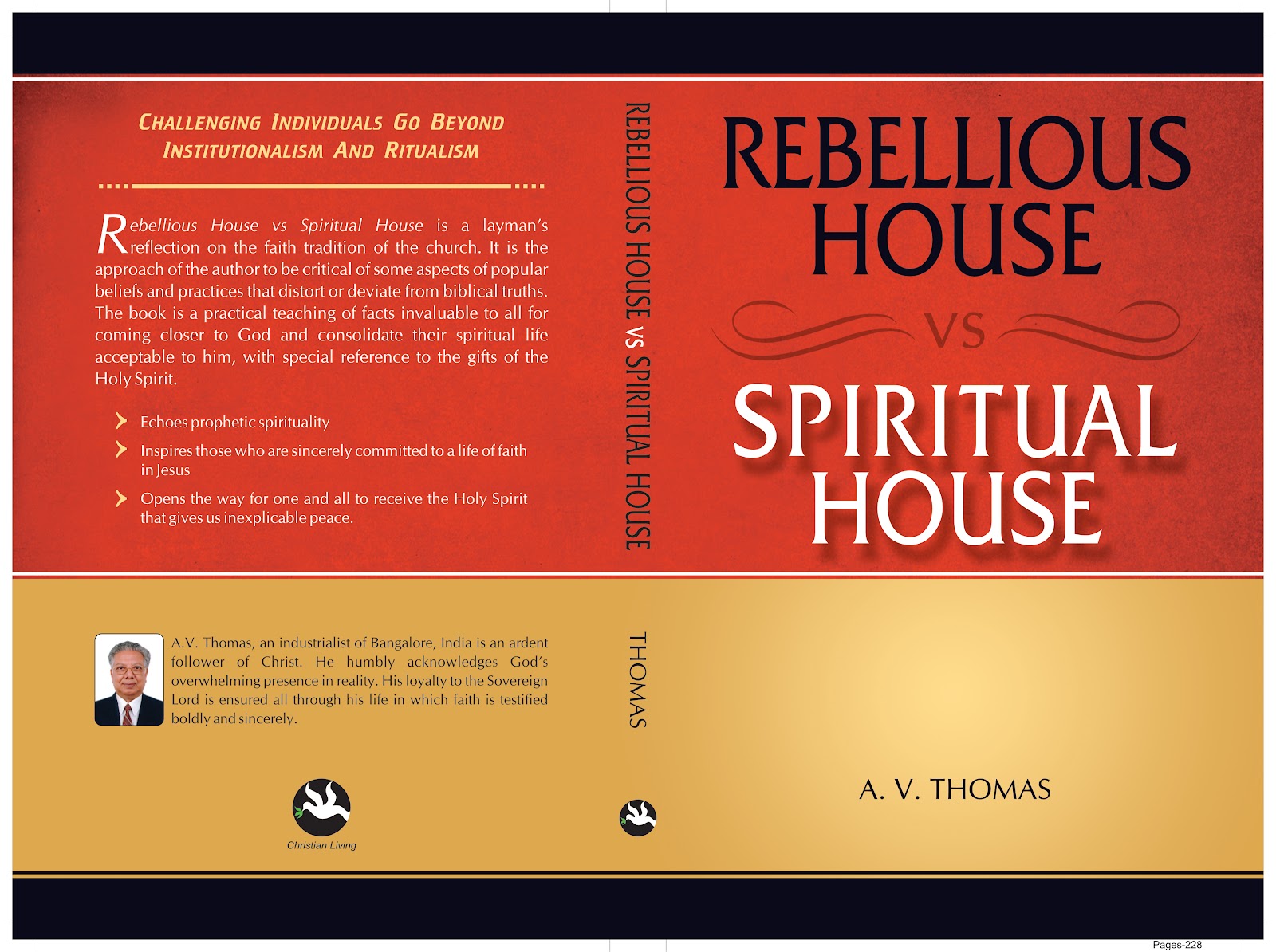In the multifaceted tapestry of Bahá’í teachings, the concepts of the “Marriage House” and the “Spiritual Home” emerge as pivotal exemplars of the harmonious blend between material and spiritual existence. The Bahá’í Faith emphasizes the sanctity of marriage not only as a social contract but as a noble institution that serves as a foundation for individual and collective advancement. This discourse endeavors to delineate the intrinsic characteristics of the Marriage House and the Spiritual Home, highlighting their interdependence and significance within a Bahá’í context.
Understanding the Marriage House
The Marriage House delineates the framework within which a couple embarks upon a shared journey of love and mutual responsibility. Within this domain, Bahá’ís are encouraged to cultivate an atmosphere replete with understanding, respect, and commitment. The Bahá’í perspective on marriage transcends mere romantic affiliation; it embodies the ideal of partnership infused with spiritual purpose. This ideal is eloquently encapsulated in the teachings which advocate for marriage as an institution that not only fulfills physical and emotional needs but also serves as a catalyst for spiritual evolution.
Furthermore, the Marriage House as envisioned in the Bahá’í Faith emphasizes the importance of emotional intelligence and effective communication. Couples are urged to engage in sincere dialogue that fosters trust and open expression of thoughts and feelings. This constructive engagement aids partners in overcoming conflicts, thereby fortifying the marital bond with resilience and understanding.
The institution of marriage in the Bahá’í context holds significant implications for family and community life. It is seen as a crucible for transformation, both personal and communal, where individuals are provided the opportunity to reflect and refine their character. The children born into such unions are nurtured in an environment of love and spirituality, which primes them for their future roles as contributing members of society.
The Spiritual Home: A Broader Context
In contrast to the Marriage House, the Spiritual Home transcends the confines of familial relationships and invites a broader interpretation of community and belonging. The Spiritual Home symbolizes a realm where individuals gather not just for familial sustenance but to embark upon a collective journey towards a higher purpose. As such, it embodies the principles of unity, diversity, and collaboration, hallmarks of Bahá’í teachings.
The concept of the Spiritual Home is steeped in the notion that true fulfillment and enlightenment are found not merely through individual pursuits but through collective engagement. In this context, gatherings are encouraged as platforms for the sharing of knowledge and experiences, ultimately fostering an inclusive community spirit. Through regular communal activities such as devotionals, study circles, and service projects, individuals contribute to a nurturing environment that enhances the spiritual fabric of society.
Interrelationship and Synergy
At the crux of the Bahá’í teachings lies the inextricable link between the Marriage House and the Spiritual Home. Each serves as a complementary framework, synergistically enhancing the other. The Marriage House provides the foundational values — such as love, fidelity, and commitment — that are vital in forming an enduring Spiritual Home. In turn, the broader objectives of the Spiritual Home — fostering unity, service, and spiritual growth — reinforce the ideals that guide the Marriage House.
Moreover, the vibrancy of the Spiritual Home often reflects the strength of the individual Marriage Houses within it. A community characterized by loving and spiritually-conscious marriages contributes profoundly to the collective ethos of harmony and inclusivity. Conversely, when the spiritual ideals of the community find resonance in the intimate relationships of its members, marriages flourish, becoming pathways to greater enlightenment. Thus, a symbiotic relationship exists between individual and communal spiritual elevation.
Challenges and Growth Opportunities
While the vision of the Marriage House and the Spiritual Home is incredibly uplifting, it is essential to acknowledge that challenges are inherent in both domains. Couples may encounter discrepancies arising from differing backgrounds, values, or expectations, which can strain the fabric of their partnership. Similarly, the experience of unity within the Spiritual Home may face obstacles such as societal pressures, prejudices, or misunderstandings that impede collective growth.
Addressing these challenges necessitates a commitment to the core Bahá’í principles, which advocate for patience, understanding, and forgiveness. Couples are encouraged to seek spiritual reflection during tumultuous periods, while community members are urged to engage in respectful dialogue that promotes awareness and resolves conflicts. Through intentional efforts and a focus on mutual growth, both the Marriage House and Spiritual Home can emerge from challenges strengthened and more interconnected than before.
Conclusion: A Harmonious Coexistence
In the tapestry of Bahá’í teachings, the Marriage House and the Spiritual Home are not isolated entities but rather facets of a single, cohesive philosophy centered around unity and spiritual advancement. Together, they construct a paradigm of holistic development, where individuals are nurtured in an environment that values both familial bonds and communal responsibilities. The symbiotic relationship between the two serves as a beacon of hope and guidance, encouraging followers to cultivate lives characterized by love, service, and spiritual elevation.
It is within this framework that Bahá’ís are called to transcend personal ambition and infuse their lives — and the lives of those around them — with the enriching essence of collective spiritual inquiry and profound interpersonal relationships. In embracing the principles underlying the Marriage House and the Spiritual Home, adherents not only enrich their own lives but contribute to the creation of a harmonious society, embodying the very essence of Bahá’í teachings.
